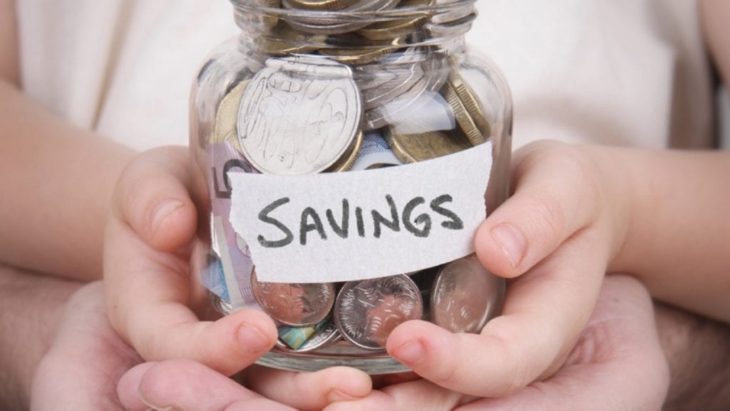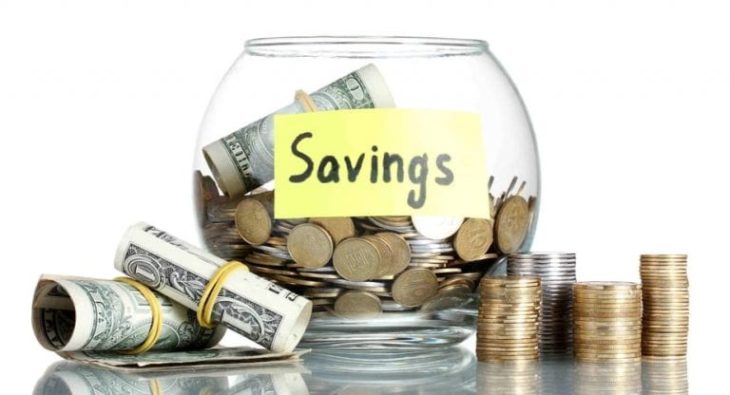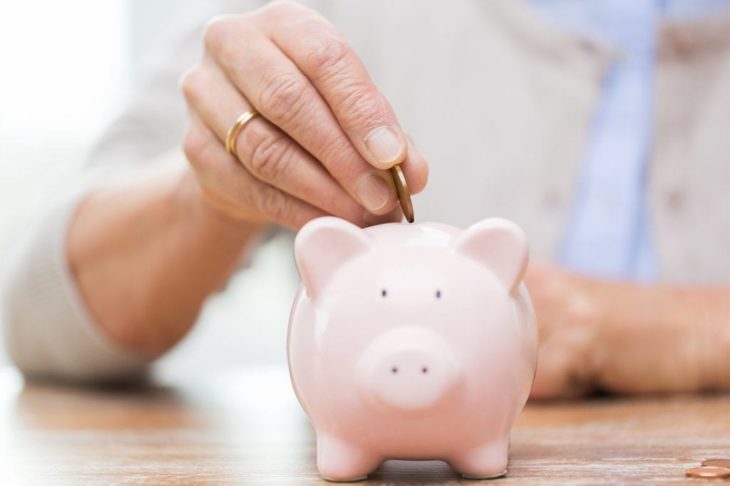Whether you’re a resident of the United Kingdom or someone who is planning on traveling to the area, finding ways to save money is more important than ever.
The UK economy has been deeply affected by Brexit, geopolitical tensions, the United State‘s global trade war, among a long list of other national and international factors.
Thus, finding robust money-saving methods is on everyone’s mind these days.
This article hopes to make the reader aware of three great ways to save money in the UK in 2019.

Source: Daily Telegraph
1. Save All of Your Spare Change
If you took the change from every transaction you make throughout the week – coins and small denominated bills – you would be pleasantly surprised at the amount of cash that has accumulated.
Of course, collecting change only happens when you use cash rather than debit or credit cards. But we’ll cover that in the next section.
For now, imagine you saved just a £1 a week of your loose change. By the year’s end, you would have saved £50 or more. Saving pennies up pounds if you’re diligent about it.
When it comes to saving the change, there is no set advice any single person can give you. Everyone saves change their own way, and you’ll have to find a change-saving method that works better for you.
Nevertheless, in the event you were looking forward to reading about change-saving methods used by others, you are free to try the following:
- Try saving each monetary denomination in its own glass jar. Not only does this method allow you to see your progress by denomination but it’s easier to sort out when you’re ready to cash in.
- Buy or make a container with a slit on the top big enough for your spare change to slip through. It’s suggested to make it out of a hollow wooden container that is decorated in a way that others don’t recognize it as being a “piggy” bank. However, do not create or buy such a container with an opening on the bottom like most similar containers. By not having an opening other than the slit, you may think twice before dipping into it for no good reason. Additionally, if you were to have such a container hand carved, you’re less likely to bash it open until you’ve reached your goal or opening date. This method is suitable for early dippers.
- For longer saving goals, you could keep your spare change in a temporary container of some kind and then transfer it to a savings account on the same day every week. You could take it a step further and again shift the savings to an investment portfolio once you reach a certain amount. How you do it is entirely up to you.

Source: Great Performers Academy
2. Do Up a Budget and Find Places That Accommodate It
Nearly every article on the Internet covering how to save cash brings up making a budget. But hopefully, this article will incorporate some useful information few others do.
First of all, when mapping out your budget, don’t follow traditional budget schemes and think outside of the box.
Most commonly, people are taught to list their bills, automobile payment (if they have one), and mortgage or rent towards the top of the budget list.
Followed by that, you’ll see groceries and other such needs. Budget lists will continue in this form until the final entry, which is usually “savings” or “investment.”
However, it’s best to rearrange your budgeting list by placing “savings” or “investments” at the very top.
It’s up to you to decide how much money you should save or invest because if you think about it long and hard if you’re successful in achieving your savings or investment goals, the rewards will be very well worth it.
Thus, by looking at the savings or investment portion of your salary as being more important than anything else, things that once seemed like “must haves” won’t seem that important anymore.
Secondly, every budget needs a nice list of business whether online or physical that offer money-saving deals. For example, farmers markets provide fresh fruits and vegetables, as well as freshly cooked foods like pastries and for a great value.
Overall, farmers markets are full of local farmers and traders who travel to London weekly to make an honest living. And since there are around 14 highly recommended farmers markets in and around the UK area, finding one won’t be difficult.
It’s important to support them so that they’re able to continue providing us with high-value commodities that are locally produced.
Furthermore, farmers markets don’t merely offer foods. You can find handicrafts, art, locally manufactured furniture, among many other things.
Lastly, another great way to accommodate your budget is by taking advantage of any and all discount programs, promotional codes, coupons, et cetera.
Online companies such as PlusVoucherCode offer you a one-stop-all when it comes to finding discount programs, promo codes, coupons, among other great deals.
And while a lot of people overlook such things, if used correctly, you can save loads of cash using just coupons.

Source: Western Union
3. Consider DIY Investing Rather Than a Savings Account
Before (and even some years after) the World Wide Web became as accessible as it is today, investing in stocks or the foreign exchange market was only available to investment firms, banks, and the well-to-do.
However, for the last decade or so, online DIY investment companies have made it much easier for the average person to invest in the stock market and Forex.
Such firms allow you to open an account for as little as £100. However, DIY investing as an alternative solution to a savings account may not be a good idea for everyone reading this.
To be a successful DIY investor, you must consider if you’re willing to risk your hard earned money finding out whether or not you have a knack for it.
Furthermore, investing in Forex is far more risky for novices than investing in commodities. And investing in cryptocurrencies is even more precarious than Forex.
Before undertaking a DIY investment approach, you should take a few months or so to acquaint yourself with the ins and outs of various investment strategies and the risks associated with them.
You can find countless DIY investment blogs on the Internet. Check some of them out and see what you think. But be aware of people trying to sell you get-rich-quick programs. Most if not all of them are scams.
Lastly, you should take note of the fact that in the beginning, you’ll most likely lose money as you’re learning the ropes.
But if you’ve set your mind to do it, remember to stay patient because losing a few investment positions is the best way to learn.
Nonetheless, you should also know when enough is enough and admit that DIY investing might not be your cup of tea before you lose too much.
Source: hostelworld.com